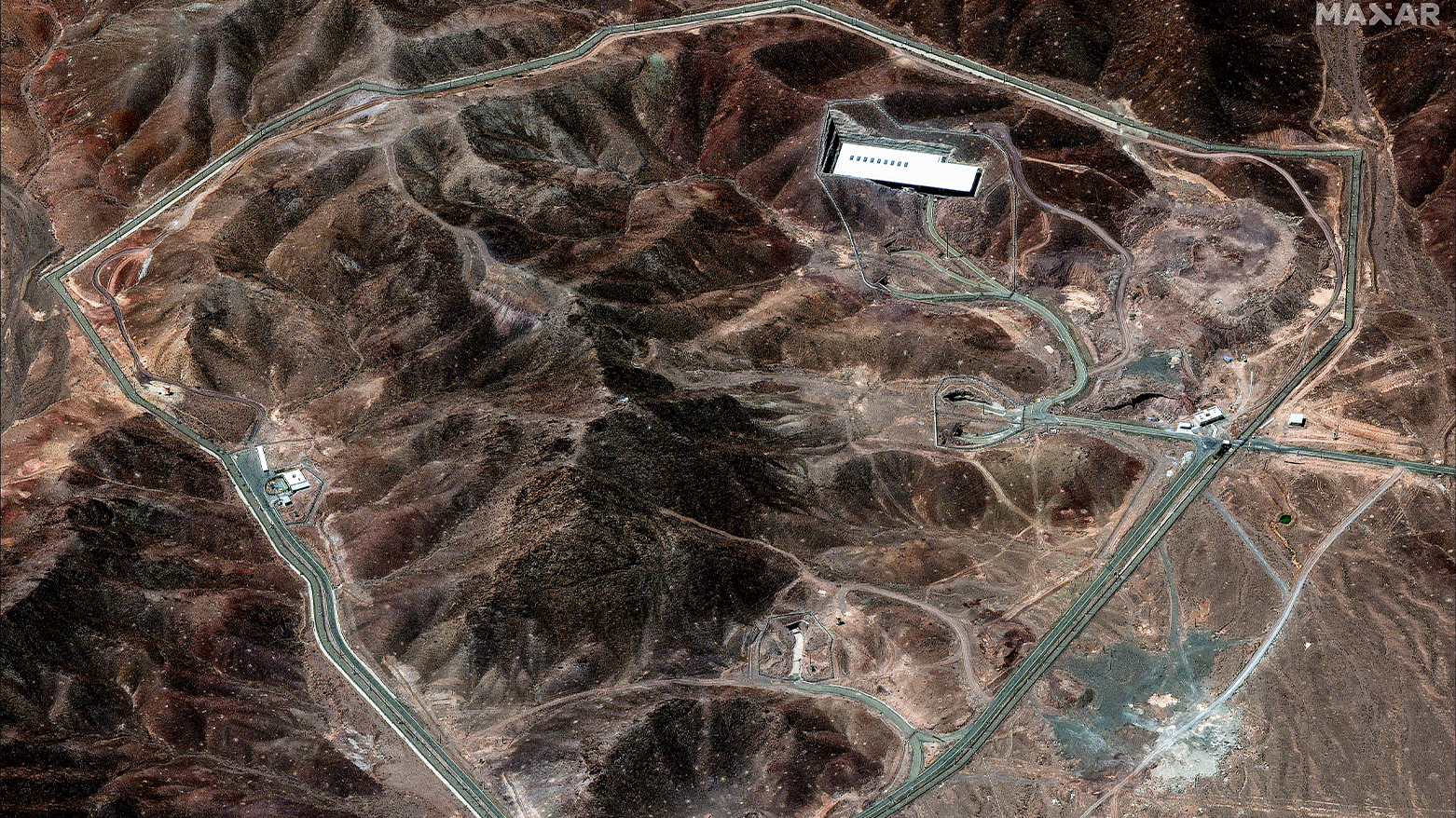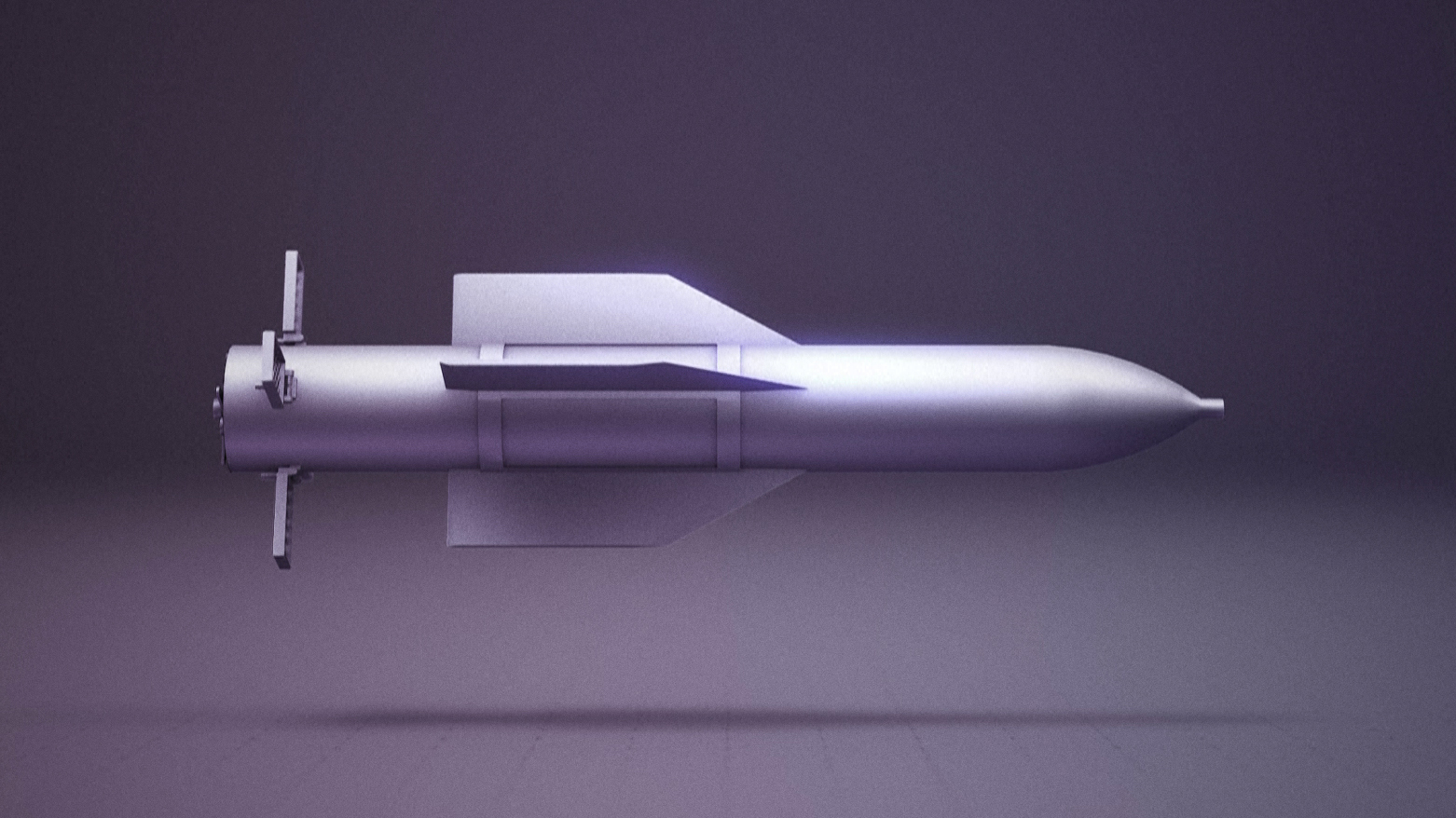Israel Eyes Elite Commando Strike on Iran’s Fordow Nuclear Site
Israel may deploy its elite Shaldag unit to destroy Iran’s fortified Fordow nuclear site, echoing past covert missions. While U.S. support remains uncertain, Israeli officials stress readiness to act alone using commandos, cyber tactics, or bunker-busting strikes.

By Kamaran Aziz
ERBIL (Kurdistan24) – As tensions between Israel and Iran continue to intensify, elite Israeli military units such as Unit 5101, known as the "Shaldag" or "kingfisher" unit, are reportedly being considered for a potential solo mission to destroy Iran’s fortified Fordow nuclear enrichment facility, according to an exclusive Fox News report.
Fordow, located deep under a mountain south of Tehran, is regarded as the crown jewel of Iran’s nuclear program. While the U.S. weighs its response, Israel is assessing its own operational options, including a repeat of high-risk, covert commando operations such as those previously carried out by Shaldag.
The Shaldag unit is a specialized Israeli Air Force commando group known for its deep infiltration capabilities and high-stakes missions. In September of last year, members of Shaldag reportedly infiltrated and destroyed an underground missile factory in Syria that was built with Iranian funds and technology.
The facility was located nearly 300 feet underground, akin to Fordow.

“There was a site that similarly looked like Fordow,” former Israeli Military Intelligence Chief Maj. Gen. (ret.) Amos Yadlin told Fox News in an exclusive interview. “Even though smaller, the Syrian facility produced advanced ballistic missiles using Iranian technology, as well as Iranian money.”
According to Yadlin, previous airstrikes had failed to destroy the Syrian site. Shaldag used the cover of night, paired with diversionary airstrikes, to slip into the complex, plant explosives, and demolish it. “The Air Force took care of all the guards around the perimeter, and Shaldag got in, and the place is gone, destroyed,” Yadlin said.
The Fordow site, however, presents a more formidable challenge. Designed to withstand air assaults, its destruction would likely require the kind of bunker-busting weaponry the U.S. B-2 stealth bombers are capable of deploying. Yadlin emphasized that time is of the essence. “Anybody who wants the war to be over soon, to be finished quickly, have to find a way to deal with Fordow,” he asserted. “Those who think that attacking Fordow will escalate the war, in my judgment, it can de-escalate and terminate the war.”
✈️💥 The Northrop B-2 Spirit, also known as the Stealth Bomber, is capable of striking Iran’s nuclear facilities with precision.
— Kurdistan 24 English (@K24English) June 19, 2025
🇺🇸 Only the United States possesses this aircraft, which is designed for penetrating dense air defenses.
💰 Each unit costs around $2 billion to… pic.twitter.com/UmXGjefuET
Yadlin, a veteran of Israel's 1981 Osirak strike on Iraq’s nuclear reactor, noted that Israel has a long history of acting unilaterally to neutralize existential threats. In that mission, Israeli F-16s flew without GPS or mid-air refueling, carrying unguided bombs, into a highly fortified Iraqi airspace. “It was a very difficult operational mission... we believed it might be a suicide mission,” Yadlin recalled.
More recently, Yadlin oversaw Israel’s 2007 operation to destroy a suspected Syrian nuclear reactor, an action carried out without U.S. support. In 2008, when airstrikes on Iran’s Natanz facility were deemed infeasible, Yadlin turned to cyber warfare. Within two years, Israel and the United States jointly deployed the Stuxnet worm, causing major disruptions to Iran’s centrifuge operations.
Today, the Israeli government is debating whether it can once again act alone. When asked by Fox News anchor Bret Baier whether Israel could strike Fordow without U.S. help, Israeli Prime Minister Benjamin Netanyahu replied, “We have quite a few startups too and quite a few rabbits up our sleeve. And I don't think that I should get into that.”
One contingency plan under review includes severing power to Fordow, which could irreparably damage its centrifuge systems. Another is a full-scale airstrike, possibly modeled on the 1981 Osirak raid but updated for modern warfare.
While Israel maintains that a strike on Fordow could be essential to halting Iran’s nuclear ambitions, U.S. officials have yet to publicly commit to military action. President Donald Trump has signaled hesitation, stating the situation requires careful timing. Nonetheless, Israeli defense planners are making clear they will act if necessary—alone if they must.
Whether through elite commandos, cyber sabotage, or targeted airpower, Israel appears determined to keep Iran’s nuclear program in check—one covert mission at a time.
